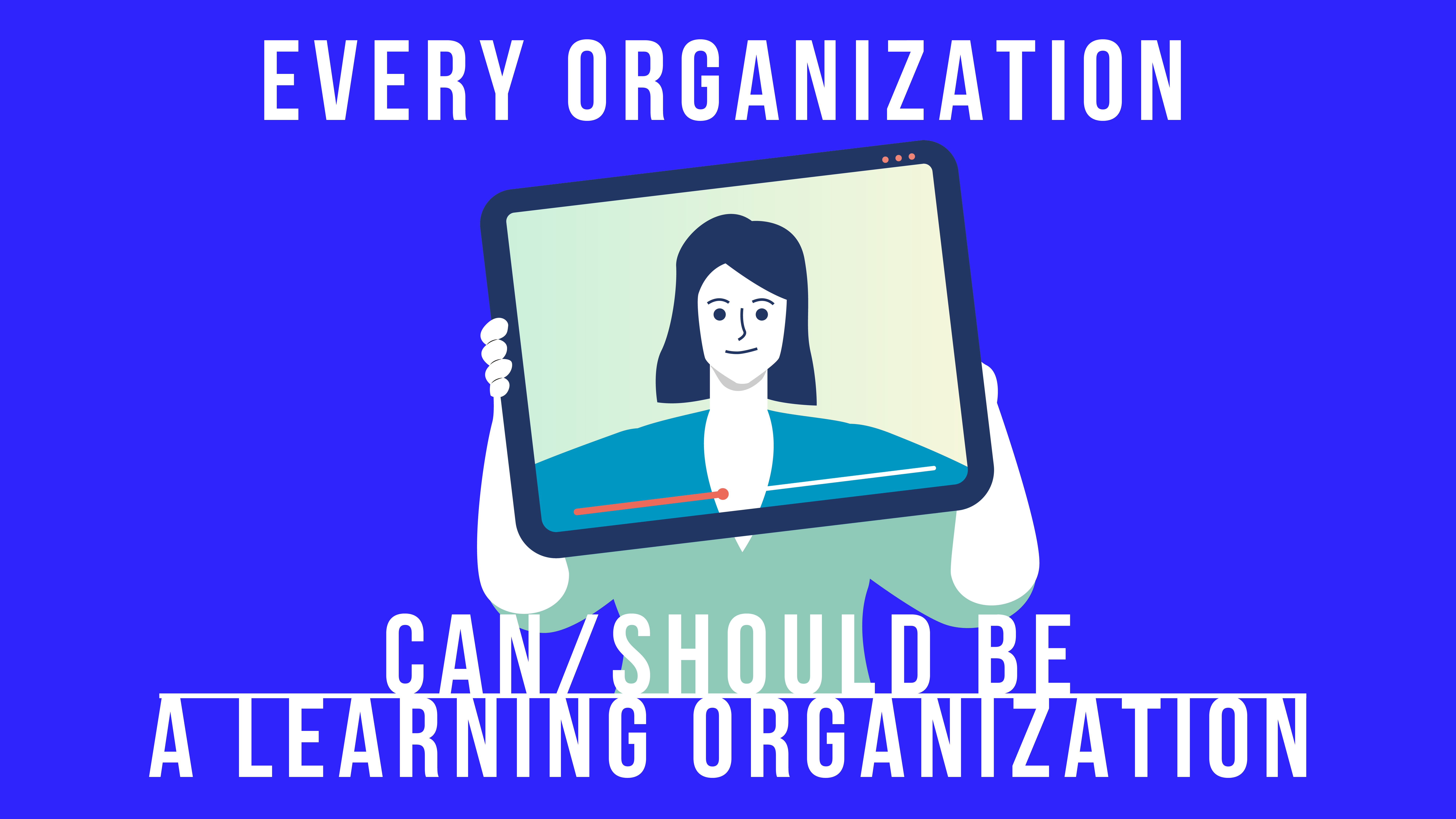Who should provide learning to those who want it? This question seems straightforward, but it isn’t. The traditional list includes colleges, universities, and other types of schools, along with a few well-established learning providers like Khan Academy and Coursera. If you’re already familiar with online learning, you might also think of organizations that teach specialized content, like Duolingo for foreign languages or HubSpot for both learning and executing marketing strategies, and educational publishers who provide online content as well as books, like Pearson Education and McGraw Hill.
But this list is far from complete. The truth is, anyone with valuable knowledge to share and a proven track record of expertise within their field can provide learning experiences. Whether you’re a nonprofit, small business, or individual content creator with specific skills; whether you’ve created learning experiences and training courses before or not, consider framing yourself as a learning organization — because you can be.
Decentralized, Skill-Based Learning
In some cases, learning today still requires going to a physical location — no one expects a kindergartner to learn effectively through a screen or a nursing student to get their clinical experience without actually seeing patients in person. But even pre-pandemic, learning was becoming decentralized as people around the world acquired increasingly easier access to the internet and wanted education options that didn’t require them to physically go somewhere, for whatever reason. In some ways, this has changed the role of education. The main purpose is still to impart knowledge, of course. But, especially for busy working adults, it’s also to teach skills.
The difference between acquiring knowledge and learning skills is the difference between learning the fundamentals of indoor plumbing and learning how to fix your leaky faucet. Plumbing fundamentals would be great given infinite time and mental bandwidth, but if you’ve got an expanding puddle under your bathroom sink, you’re probably more focused on learning exactly what you need to know to make the water stop.
Knowledge acquisition and skills-based learning are both essential and worthwhile, but they’re suited to different ends. Institutions of higher education still focus on imparting knowledge to younger audiences — even as technology, global competition, and the pandemic have expanded the pool of potential learners. But strictly in terms of the market, most learning opportunities are moving toward helping learners figure out how to solve a specific problem, like developing skills to advance in their career or achieve greater equity in their community’s justice system. With some estimates projecting that the global e-learning market will grow by 9.9% by 2027, many organizations outside of higher education are stepping up to meet the demands of these numerous learners.
If the rapid technological advances of the past several decades have made anything clear, it’s that learning is no longer solely in the hands of organizations devoted exclusively to education. Now businesses and nonprofits from a variety of sectors offer learning experiences in order to scale their impact while raising brand awareness and increasing revenue. These organizations may have started moving in this direction as a way to teach their workforce the necessary technical and professional skills. But it’s clear at this point that online learning can give learners of all kinds and in all situations a huge and expanding range of options.
What's Best for the Learner?
This focus on skills-based learning is shaping how learning is delivered. Lengthy, passive, on-site models, like lectures and semester-long courses, will always be valuable options and the best choice for some kinds of students, but they are expensive and difficult to scale. Additionally, for some people, they aren’t the most effective way to learn, as insights from learning science and learning experience design are helping us to understand.
Adaptive learning is one of the most effective ways to keep the emphasis on the learner in any given learning experience. Adaptive learning is certainly possible and beneficial in the in-person environment, but in the online space, it is absolutely crucial if you want to deliver the best environment for every person participating in your program. This is because adaptive learning tailors its responses to how each learner performs in real time. It makes it easier for learners to proceed at their own pace and for teachers to track how learners are doing on each skill, allowing for better feedback.
Other aspects of online learning platforms to consider when creating a new one include digital accessibility, visual representation, and the general ins and outs of learning experience design. And don’t be deterred by thinking your organization isn’t a needed voice in this space. There are many industries with learners who’d benefit from online learning experiences but which currently don’t have these options. Think of patient education in the health-care space on such basic topics as nutrition and other preventative care, or airline pilots, staff, and others in aerospace engineering.
One well-known example is Peloton, a brand you might not consider a learning organization; even their own self-description defines them as an “interactive fitness platform.” But their approximately 6 million subscribers look to Peloton’s trainers for far more than the occasional fitness class. They get health expertise, lifestyle guidance, and personal growth advice from the trainers, some of whom have attained celebrity status through massive social media followings focused on teaching a sustainably healthy way to live. Peloton is definitely delivering a form of learning to its enormous audience. And this learning complements the Peloton brand and positions the company as an industry leader.
To paraphrase Grace Hopper, pioneering computer scientist and officer in the U.S. Navy, “It’s better to ask for forgiveness than seek permission.” In other words, why wait for someone to tell you to offer learning experiences to your own audience? Go out there and try it.
